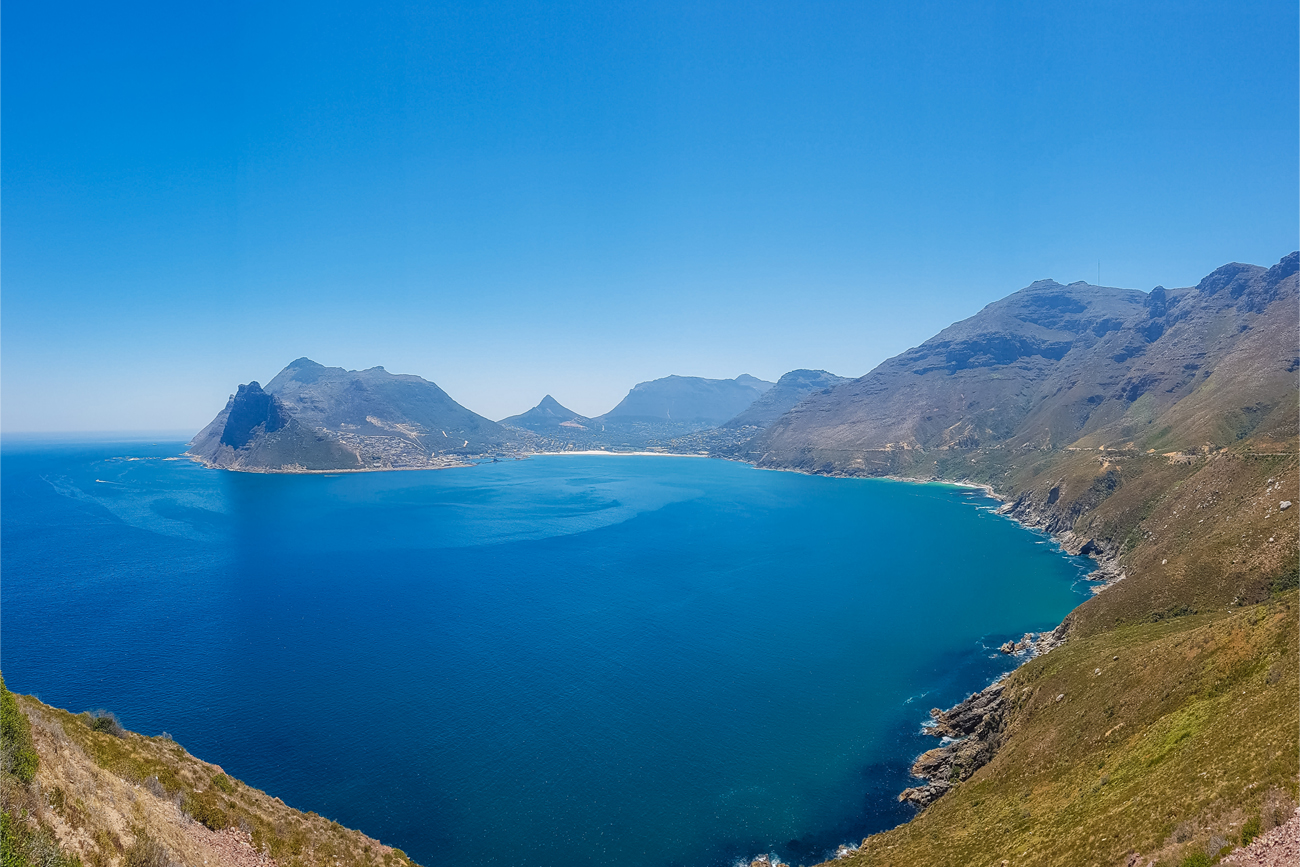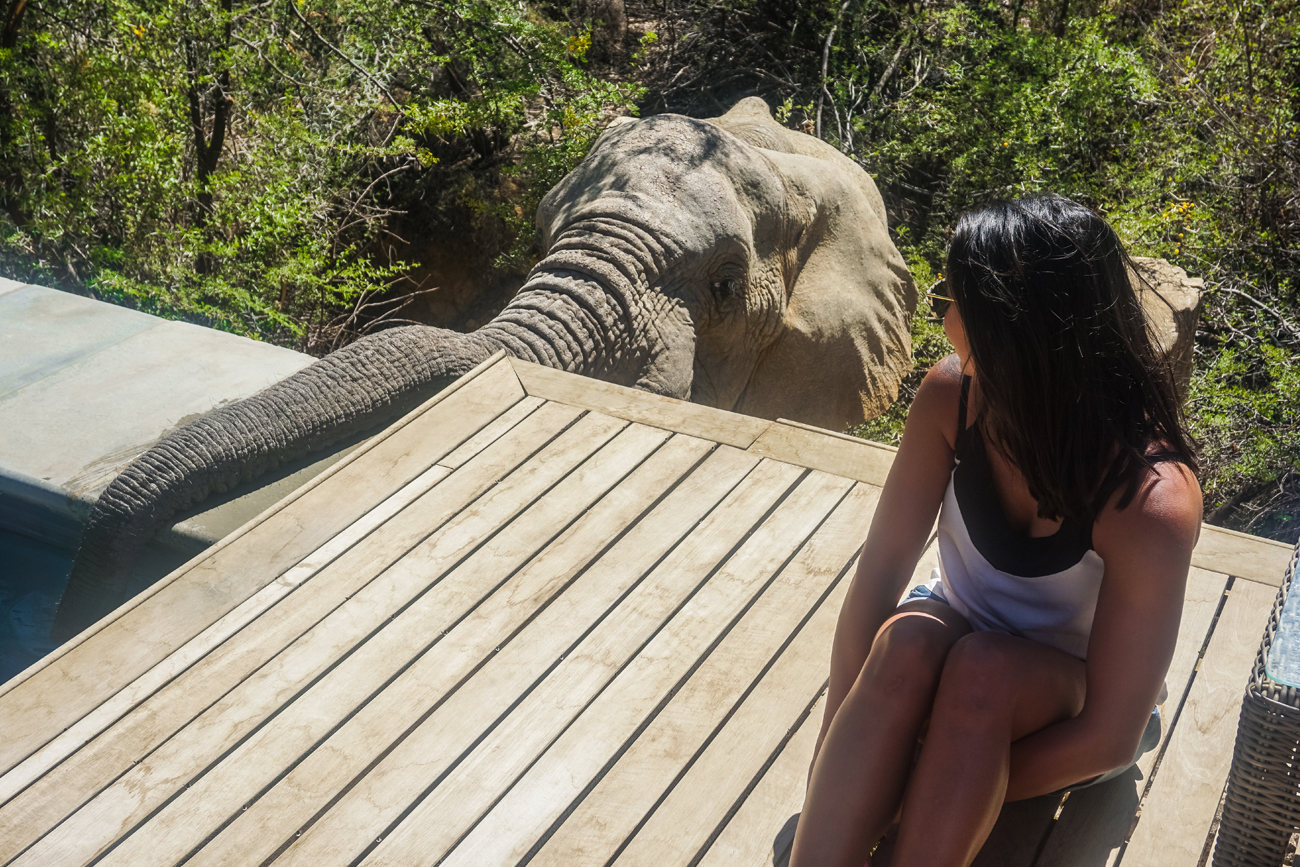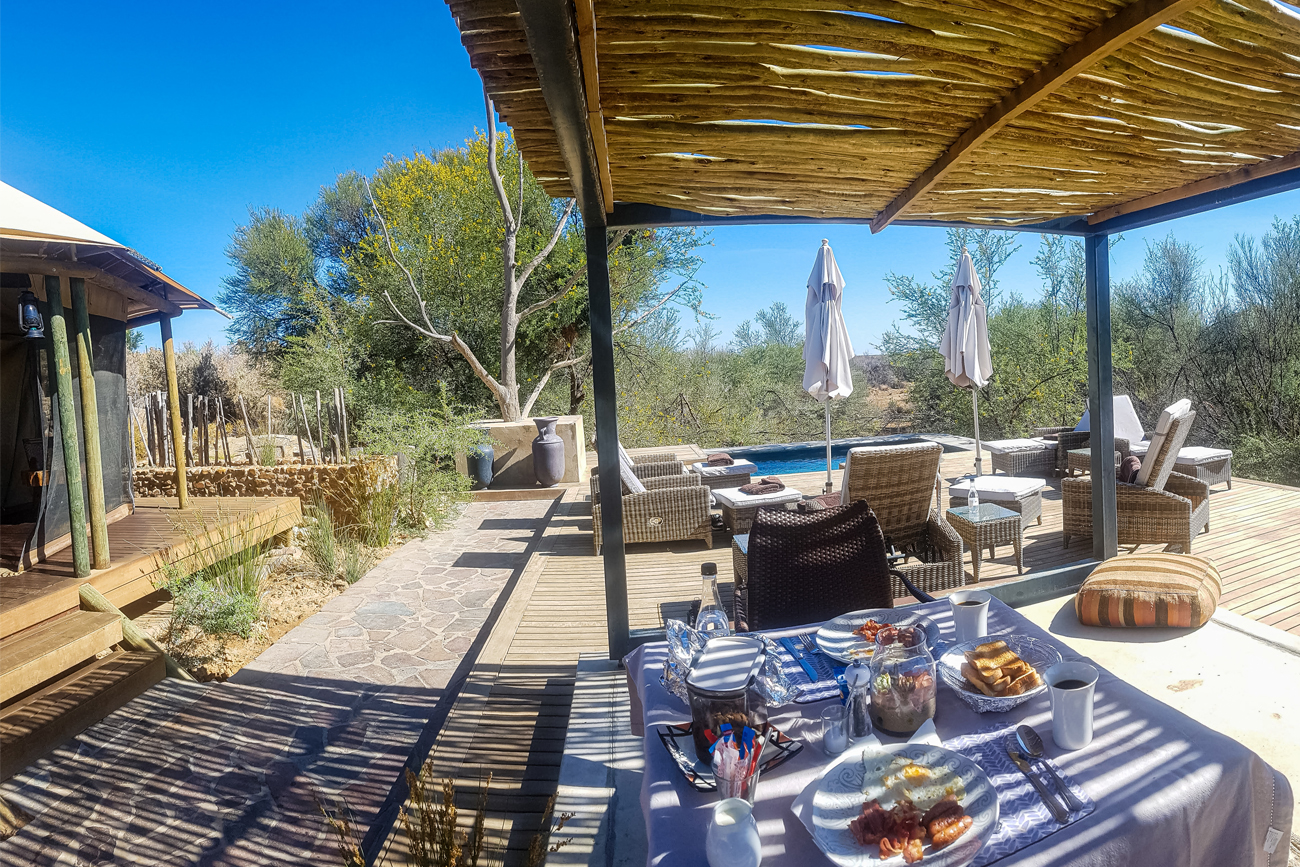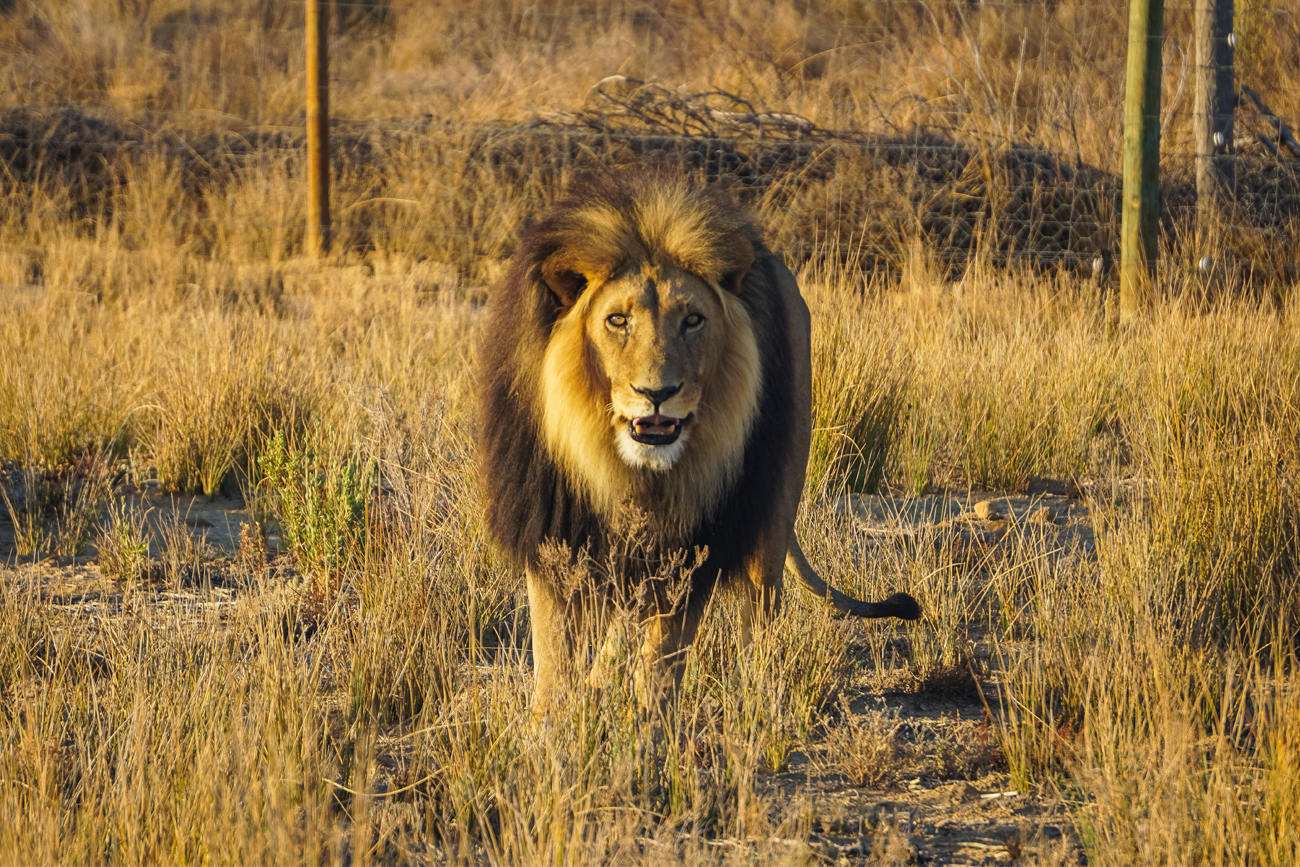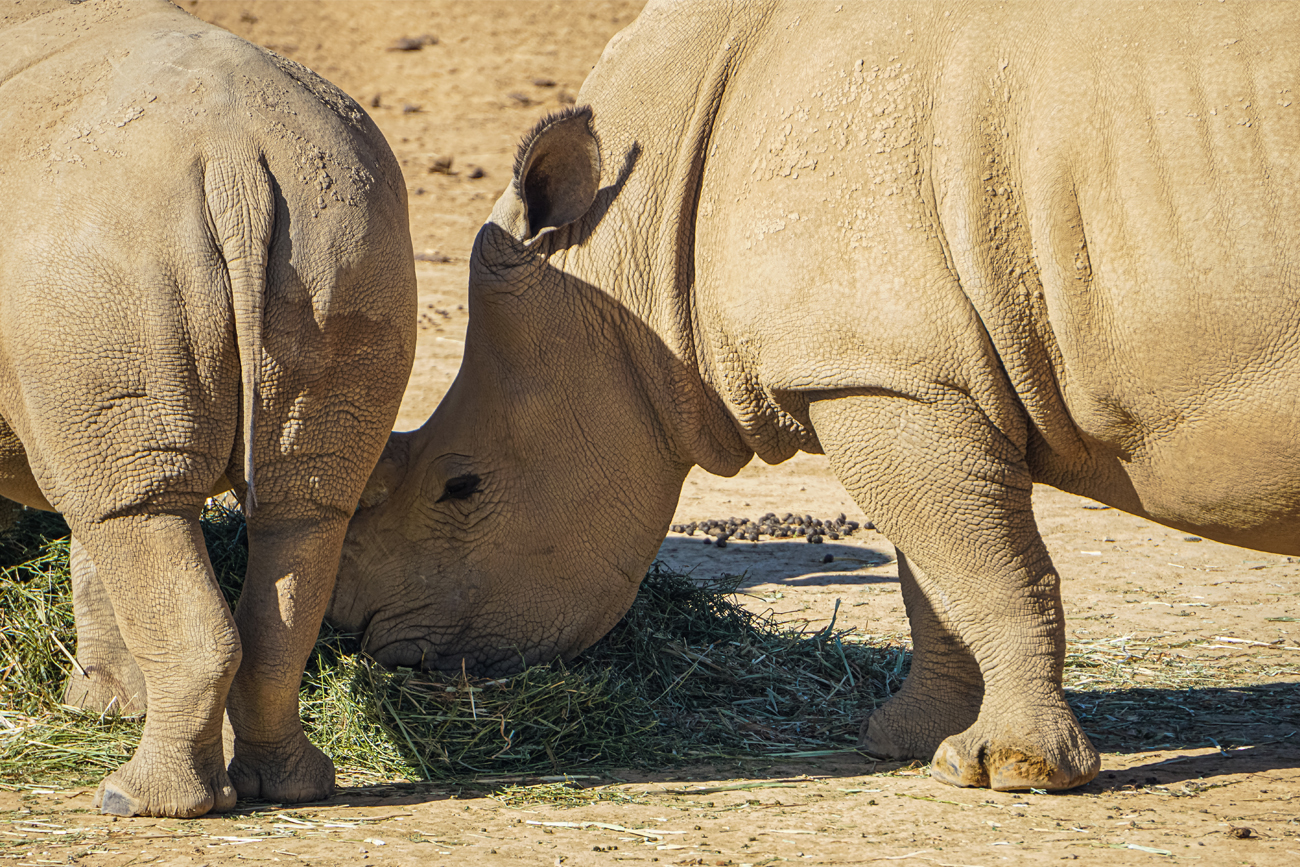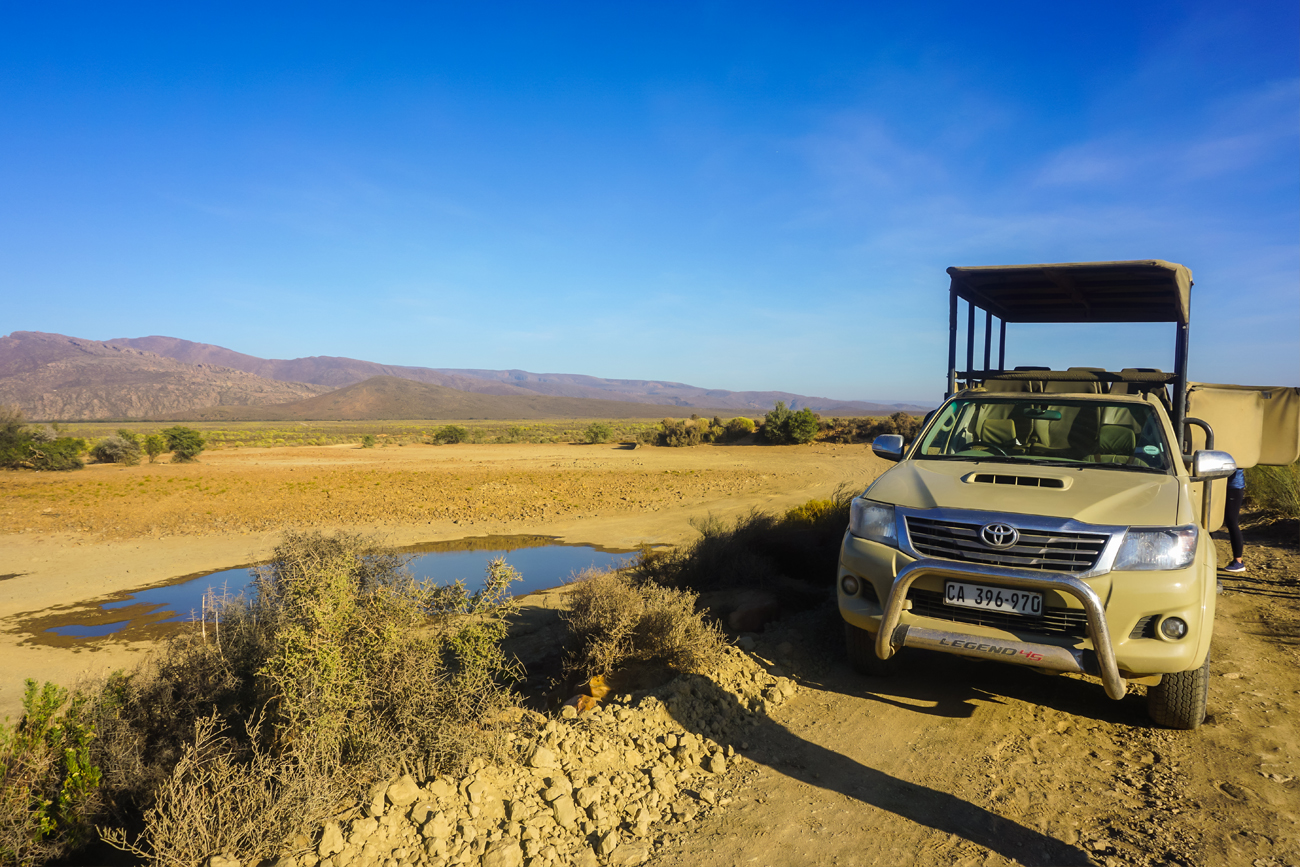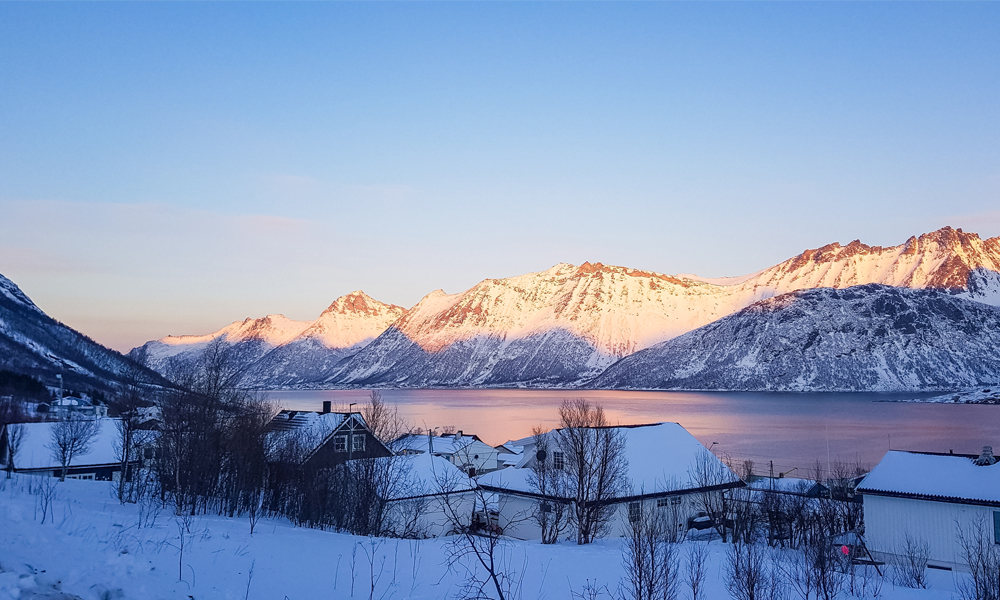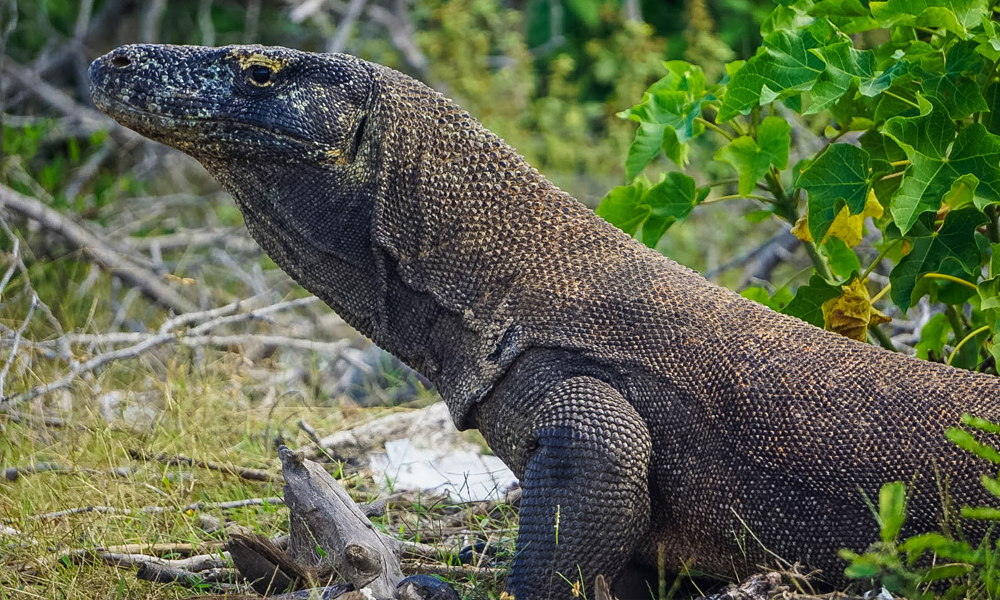If there’s one city that combines amazing scenery, delicious food, pristine beaches and friendly locals, it has to be Cape Town! Nicknamed as the Mother City, it was the first city in South Africa to be established in 1652 as a refuelling station for Dutch ships heading to the East, thus giving birth to civilisation and gaining it’s nickname. Because of this, the city also acquired another nickname, ‘Cape Grab’ as hotels would charge sailors extortionate prices for staying here. Now it has become a diverse city with mixed cultural heritage and a vibrant scene full of energy and innovative ideas.
Best time to go
How long to spend here
Eco Tip 14: Follow the eco brick concept and pack as much plastic in one bottle to avoid plastic from being separated into different waste systems
Getting There
Where To Stay
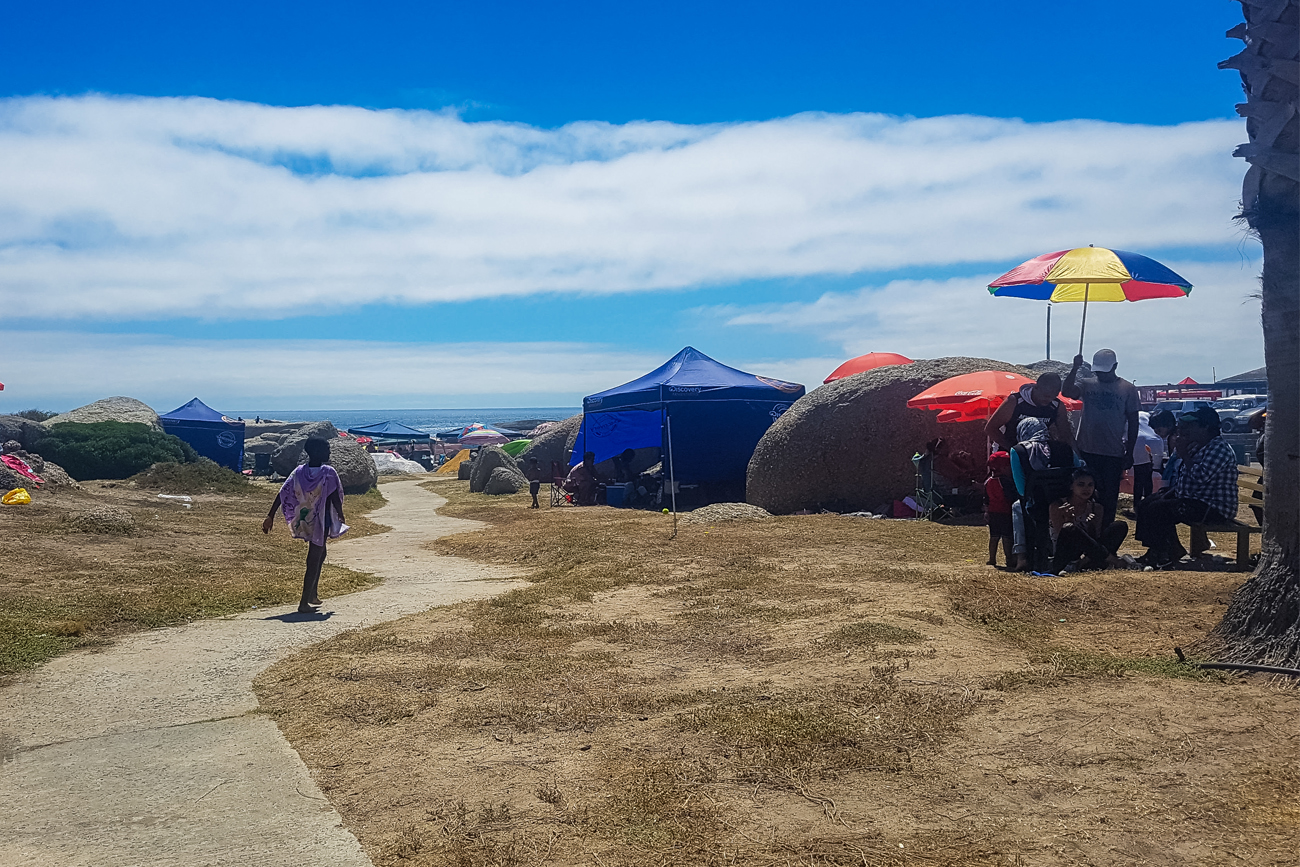
🌿 What Makes Cape Town An Eco Destination?
7 Simple Ways To Travel Sustainably in Cape Town
The city has so much to offer and is filled with coastal views, amazing wildlife and scenic landscapes. After suffering a drought a few years ago, Cape Town has managed to bounce back and are now more eco-conscious than ever, even making the big step of reducing their water consumption by 60% in three years.
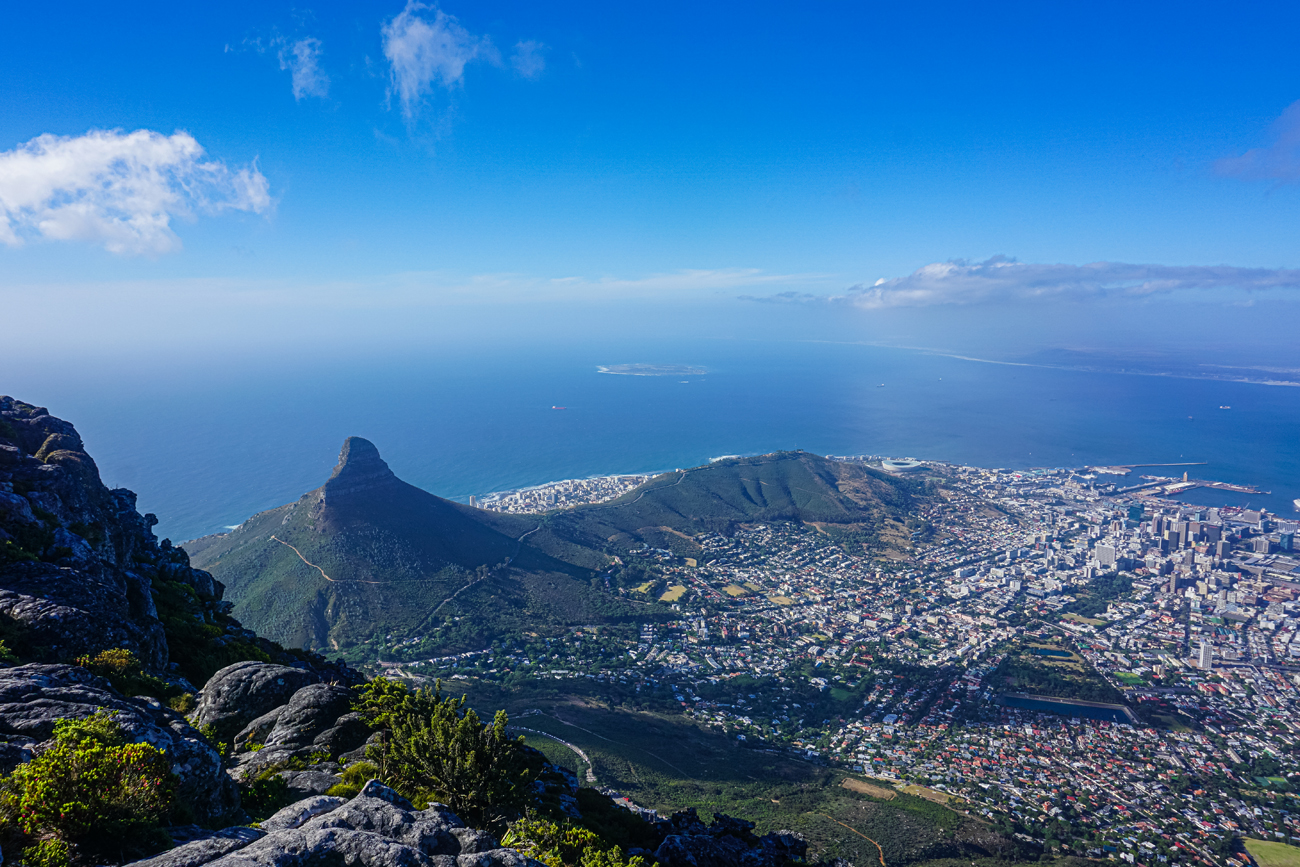
Learn more in related article: What We Loved About Inverdoorn Game Reserve
Learn more in related article: What We Learned From Shark Cage Diving (And Can It Be Ethical?)



